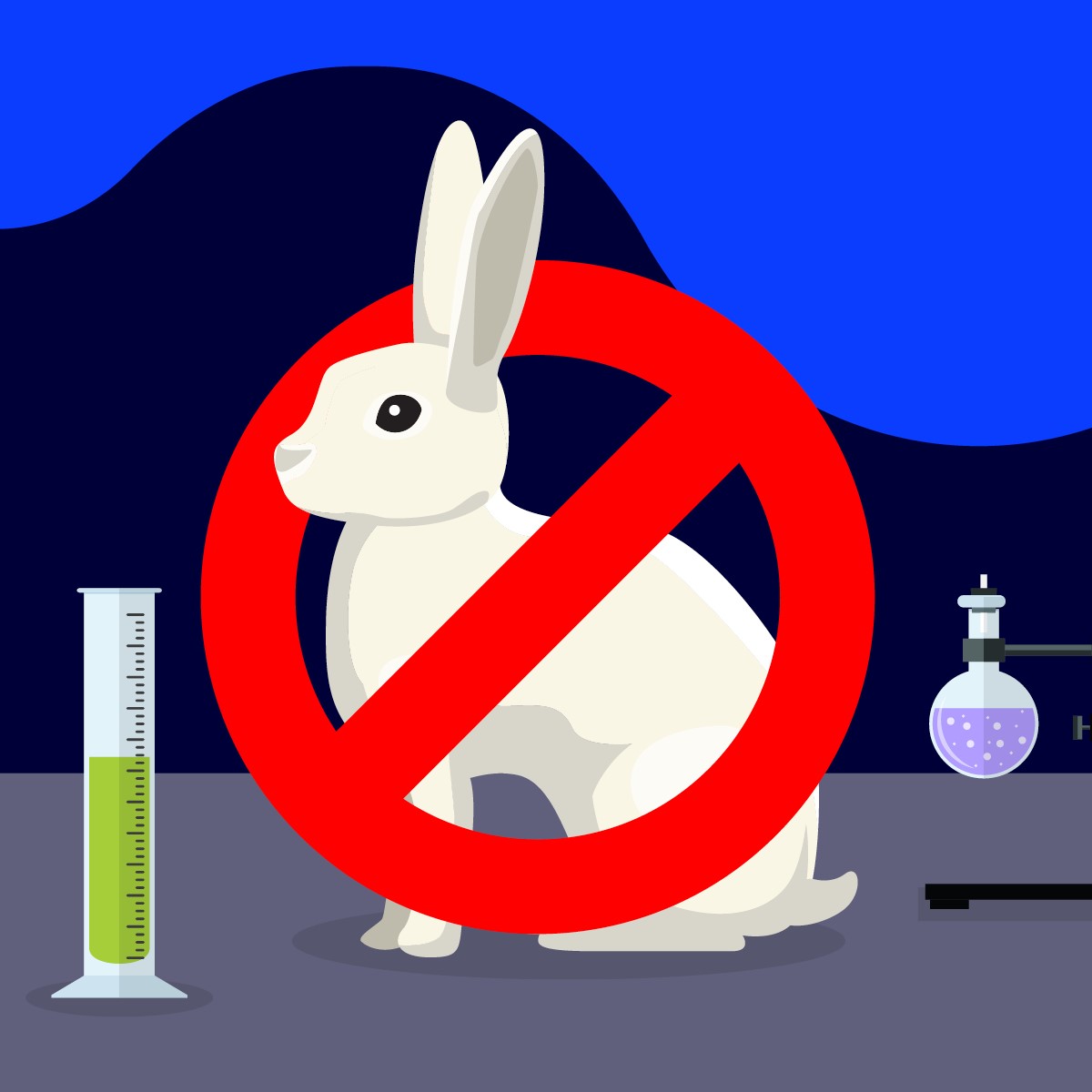The US FDA has announced new guidelines for animal testing, paving the way for the use of more modern scientific methods. This is a major step forward in improving the ethical treatment of animals in the research process. This article discusses the new rules and their impact on the future of animal testing. Keyword: animal testing, FDA, modernizing science.
The use of animals in research has been a controversial topic for years. Recently, the U.S. Food and Drug Administration (FDA) has made significant strides in modernizing animal testing requirements for drugs and medical devices. In this article, we will discuss the new FDA rules for animal testing and their impact on the research community.
The new rules for animal testing aim to modernize the process and eliminate the need for animal testing wherever possible. This is a significant step forward, as animal testing is not only ethically concerning, but it can also be expensive and time-consuming. The FDA's new rules will require companies to provide more detailed information about alternative testing methods they have explored before conducting animal tests. Additionally, the rules will prioritize the use of non-animal testing methods, such as computer modeling and in vitro testing.
The new regulations will encourage researchers to use innovative, non-animal testing methods, ultimately improving the efficiency of the drug and device development process. However, some have expressed concern that the new rules could delay the approval process for new drugs and devices, as well as increase costs for companies.
Despite potential drawbacks, the FDA's new rules for animal testing represent a significant step forward in modernizing science. The regulations reflect an increased focus on ethical and sustainable practices, as well as a willingness to embrace new and innovative technologies. It is essential that the research community embraces this change and works to develop new and improved methods for testing drugs and medical devices, with the ultimate goal of improving patient outcomes while minimizing harm to animals.
In conclusion, the FDA's new rules for animal testing represent a significant shift in the way research is conducted. While there may be challenges associated with this change, the benefits of modernizing the process and prioritizing ethical practices far outweigh any potential drawbacks. As we move forward, it is essential that researchers continue to innovate and develop new methods for testing drugs and devices, with the ultimate goal of improving patient outcomes while minimizing harm to animals.
